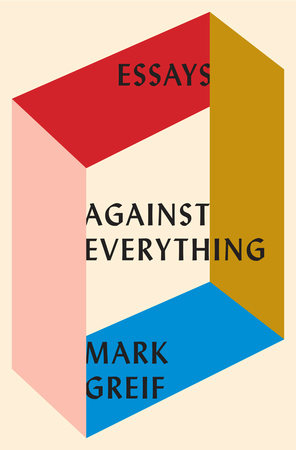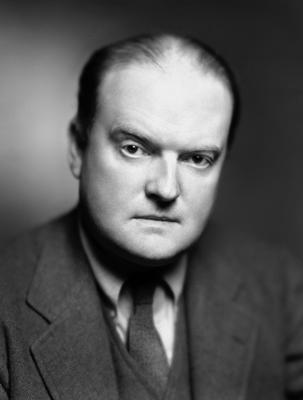Against Everything – Mark Greif
It is Greif’s willingness to court his own ambivalences and inconsistencies that make these essays both enjoyable and genuinely edifying.
This Week in Sports: In Praise of Hack-a-Drummond
Would anyone watch basketball if it had no ethical component — i.e., if it were without mistakes, without some intimation of the fact that the players are as fragile as we are? Could our excitement for the game withstand a lack of blunderers, choke-artists, and scapegoats? Would there be such a thing as a game if no one ever missed?
The story of the 76ers will now be the story of redemption. But Sam Hinkie’s tragedy is the tragedy of the technocrat.
It turns out that in Chelsea all they’ve got is Chardonnay, and you can’t see the art for the money anyhow. In Soho all they’ve got now is clothes. So where do you, the young art-liker turn?
Evil will stay evil. This is true in all the Coens’ work, and it may be why their movies always seem linked up with the Fates: because, unlike most of Hollywood movies, they are about life on earth.
Choking on Midtown smog this afternoon, I suddenly and almost involuntarily began reciting to myself lines of the following fable…
Would Sam Johnson Blendr a Biddy?
Why preserve arcane words or grammar rules that no one follows in speech anyway? Society would not cease to function without good prose. Sugar would be no less sweet; the packaging it comes in, no less branded.
Today this might seem like a definition of poetry in general: we forget that there was a time when intentional obfuscation and metrical language did not necessarily come part in parcel. It is the fact that poetry has stuck so close to the path Wilson has described that makes Axel’s Castle especially fascinating, for it is as though he is writing with a crystal ball at his bedside.
It might not be a winning formula to emphasize that Flannery O’Connor considered the topical matters that so engross certain readers—questions about the effects of consumerism, deforestation, and sexual repression—trivial compared to the fate of a single person’s soul. It would, however, be accurate.











